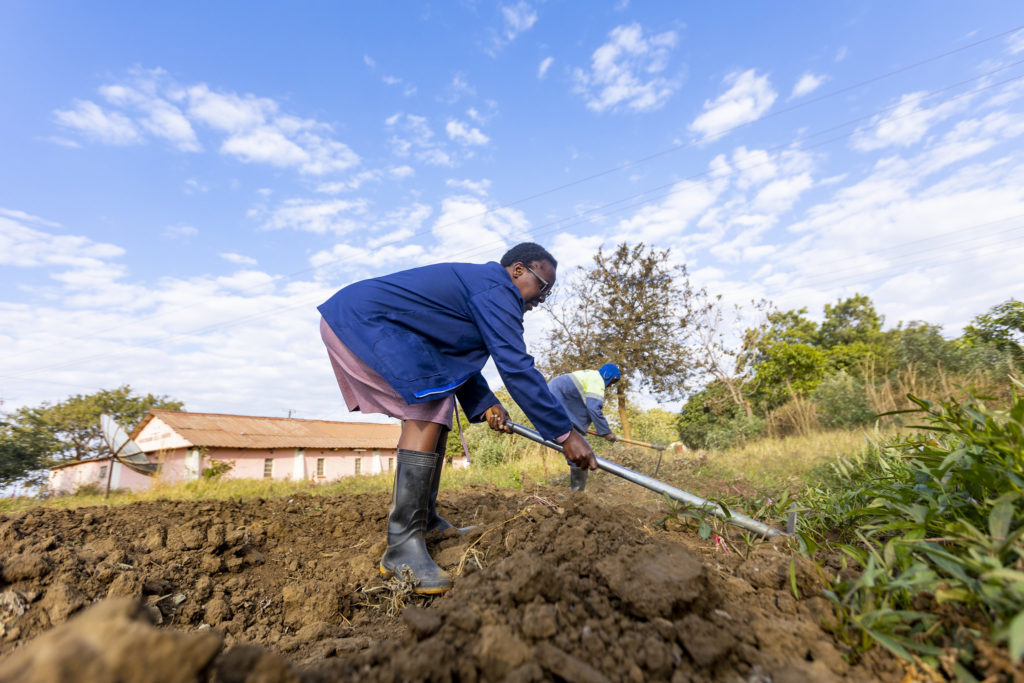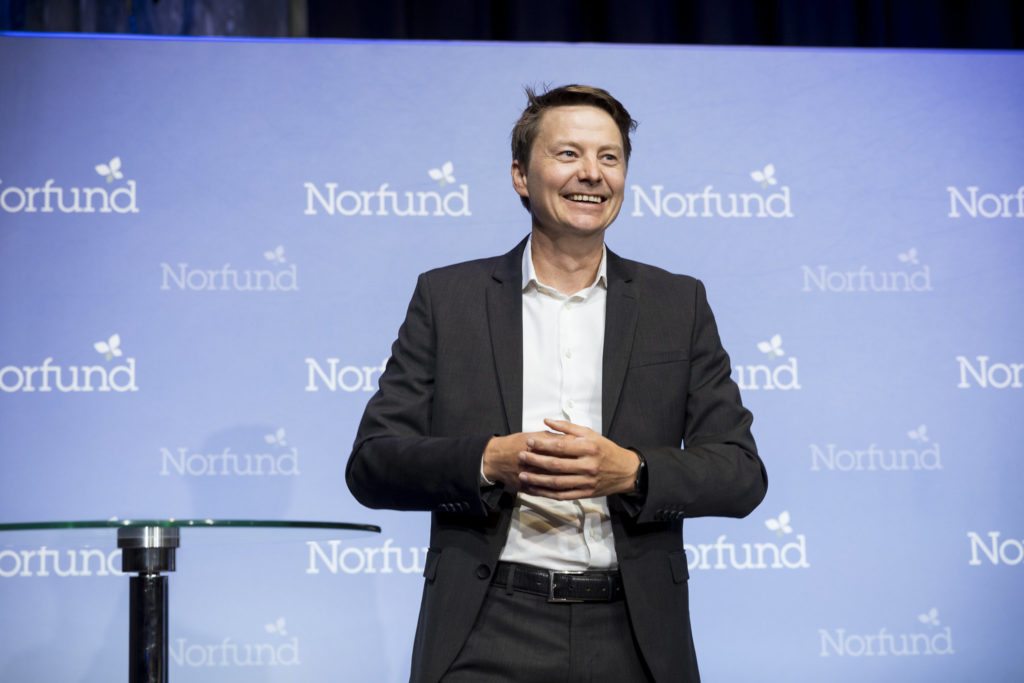In sub-Saharan Africa, 70–80 % of the population works in agriculture and fishing. The agriculture sector is a key part of Norfund’s strategy to create jobs and improve lives by investing in companies that promote sustainable development.
Successful investments in the agriculture sector and value chain help to combat poverty by creating jobs, boosting incomes, promoting climate change adaptation and enhancing food security. Agriculture is a demanding sector where risk is high and financial returns are often limited. There is therefore a great need for more risk capital than what is available in the market.
By investing directly in companies that produce and process food, Norfund helps to increase production efficiency and ease access to local or export markets. Combining a partner company’s own production with contract cultivation by smallholders often gives them more secure market access, increased competence and inputs such as seeds and fertilizer. In recent years, Norfund has increased investments in companies that create markets for small-scale farmers.

Norfund has 22 direct investments within the food and agriculture sector with total commitments of NOK 2,444 million.
In 13 of the companies Norfund has invested directly in, Norfund has a board position, and 16 of the companies have received support through the Business Support scheme. Through active ownership, the fund contributes to increased expertise in addition to much-needed capital.
In early 2022, Norfund committed 20 million USD in the investment fund, AgDevCo, that specializes on investments in early-stage African agribusinesses to deliver jobs, income, and food security. Read more here.
Norfund also aims to enhance the sustainability and development effects of our investments in the sector through our Business Support facility.
By the end of 2022, more than 160 000 small-scale farmers were associated with the companies in Norfund’s Scalable Enterprise portfolio, 43 percent of whom were women.

“We see that we can make a significant difference by investing in companies that provide small scale farmers long-term agreements with the possibility to sell their products at a decent price”, says Andreas Davidsen, Vice President and head of Agribusiness and Manufacturing at Norfund.
Giving farmers access to loans
Historically, traditional banks in Africa have seen a disproportionately low share of loan portfolio lending to primary agricultural and food and agricultural value chain clients. By investing in the development of banks and microfinance institutions, more farmers can get access to loans to invest in anything from new tools and seed varieties to artificial fertilizers and irrigation systems, thereby increasing their productivity and making production more climate resilient.
Arise is Norfund’s main vehicle for large scale equity investments in banks in Africa. The platform, which Norfund owns together with FMO, the Dutch DFI, and Rabobank, one of the world’s largest agricultural banks, has minority stakes in nine financial institutions based in eight countries, with an additional presence in over 33 countries across the continent. Arise sees great potential in the agricultural lending segment and is engaged in active dialogue with partner banks to realize more of this.
By the end of the 2022, Arise’s sum of outstanding loans to farmers and farmer cooperatives (extended to primary Agri sector) was 11.4 billion NOK.
By using the Joint Impact Model, it is estimated that Norfund’s investments support 600,000 indirect and induced jobs within agribusiness in the portfolio companies’ supply chains and through spending of wages by employees and workers in the supply chains, and more than half of these indirect jobs are held by women. The model further estimates that an additional 4,100,000 jobs are enabled in agribusiness sectors through loans from banks and other financial institutions in Norfund’s portfolio.